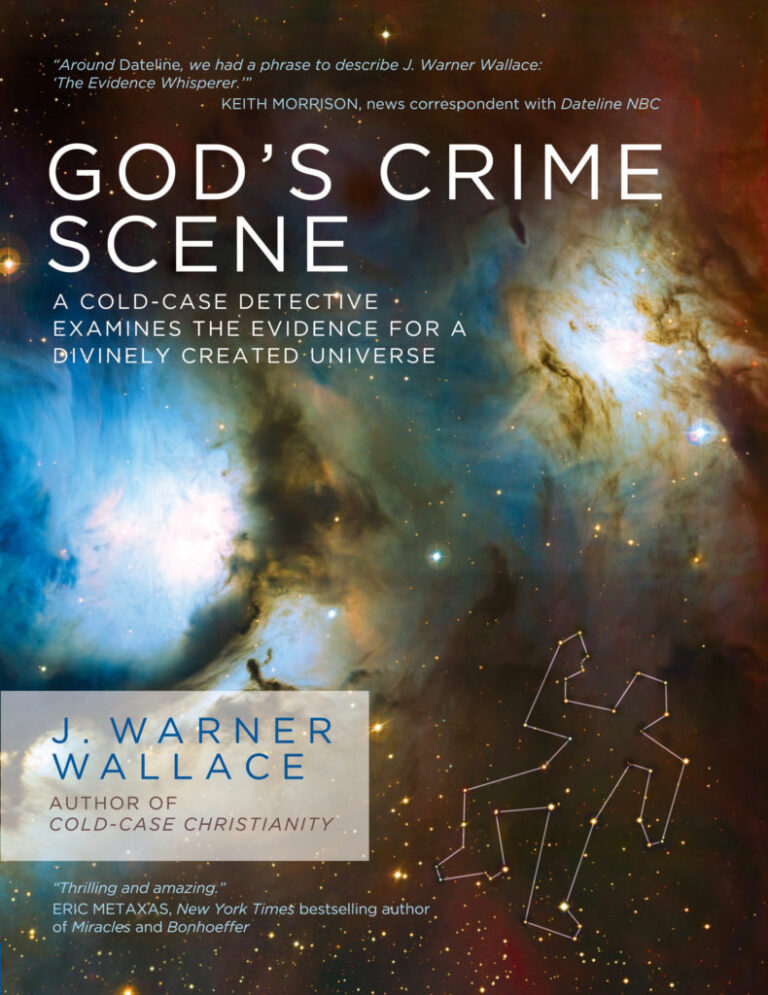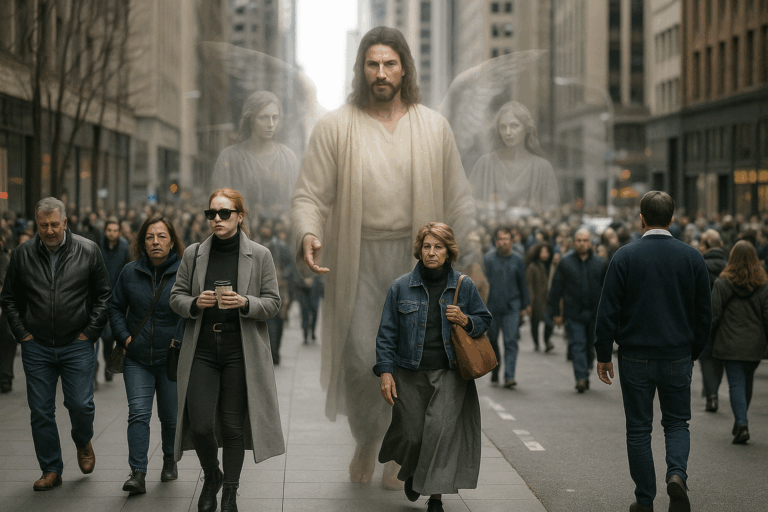The truth hurts, not as much as jumping on a bike without a seat but it hurts! This week we continue our search for truth in religion. In this podcast I have the honor of an interview with one of my heroes, Gregory Koukl! He is the author of the new book the Story of Reality : How the World Began, How It Ends, And Everything Important That Happens In Between (Zondervan 2017)
Greg Koukl has spoken on more than 70 college and university campuses both in the U.S. and abroad and has hosted his own call-in radio show for 27 years advocating “Christianity worth thinking about.” He’s debated atheist Michael Shermer on national radio and Deepak Chopra on national television on Lee Strobel’s “Faith Under Fire.” An award-winning writer and best-selling author, Greg has written seven books, including The Story of Reality—How the World Began, How It Ends, and Everything Important that Happens in Between; Tactics—A Game Plan for Discussing Your Christian Convictions, and Relativism: Feet Firmly Planted in Mid-Air. Greg has been featured on Focus on the Family radio and has been interviewed for CBN and the BBC. He’s been quoted in Christianity Today, the U.S. News & World Report, and the L.A. Times.
Greg received his Masters in Philosophy of Religion and Ethics at Talbot School of Theology, graduating with high honors, and his Masters in Christian Apologetics with honors from Simon Greenleaf University. He is an adjunct professor in Christian apologetics at Biola University.
“Truth” is that which conforms to reality, whether in the physical world or in the metaphysical realm. It is, for example, a truth that water freezes at 32 degrees F. It is a truth that two plus two is equal to four. All rational people acknowledge these realities. On the other hand, one should also concede that the physical world is not the sole realm characterized by genuine truth. Professor Gordon Clark, head of the philosophy department at Butler University, has noted that “moral and spiritual truth is as much truth as mathematical, scientific, and historical truth. It is all equally intellectual” (Clark, Gordon H. (1999), “Truth,” Wycliffe Dictionary of Theology, E.F. Harrison, G.W. Bromiley, Carl F. Henry, eds. (Peabody, MA: Hendrickson).p. 533).
Consider, Greg’s new book,  Story of Reality : How the World Began, How It Ends, And Everything Important That Happens In Between
Story of Reality : How the World Began, How It Ends, And Everything Important That Happens In Between
Biblical Christianity is more than just another private religious view. It’s more than just a personal relationship with God or a source of moral teaching.
Christianity is a picture of reality.
It explains why the world is the way it is. When the pieces of this puzzle are properly assembled, we see the big picture clearly. Christianity is a true story of how the world began, why the world is the way it is, what role humans play in the drama, and how all the plotlines of the story are resolved in the end.
In The Story of Reality, bestselling author and host of Stand to Reason, Gregory Koukl, explains the five words that form the narrative backbone of the Christian story. He identifies the most important things that happen in the story in the order they take place:
- God
- Man
- Jesus
- Cross
- Resurrection
If you are already a Christian, do you know and understand the biblical story? And for those still seeking answers to the questions of life, this is an invitation to hear a story that explains the world in a way nothing else will. This story can change your life forever.
Podcast: Play in new window | Download




Thanks for sharing these two podcasts Khaldoun.
I also watched Gregory Koukl talk at Christ Community Church at Laguna Hills.
His synopsis of Christianity framed around God, Man, Jesus, Cross and Resurrection is an inspiring account of the reality experienced by humanity. Gregory also summarises the essence of Christ elegantly as both the Person and the Works who rescues humankind from the Father. His conclusion of Christ taking humankind’s guilt (for rebelling against God through our free will) inviting us to take his righteousness leading to the final choice of Christianity (opting for perfect justice or perfect mercy) summarises very well the Christian mercy and atonement.
However, in my mind, Gregory does not truly explain reality, but merely reiterates that if we pose the existence of a non-physical God then the Christian theology is a consistent account of reality. No open minded atheist will object to his discour because he poses rather than explaining God.
It might be more precise to state his a priori posing of the existence of God more explicitly. Unfortunately by posing the existence of God, the truth of the story becomes conditional on accepting this position as an act of faith.
In my opinion this does not undermine the truth of the story of Christianity because assuming the existence of a non-physical God is logically plausible but not logically demonstrable.